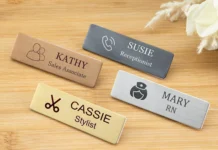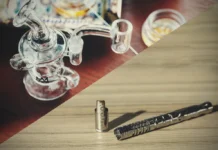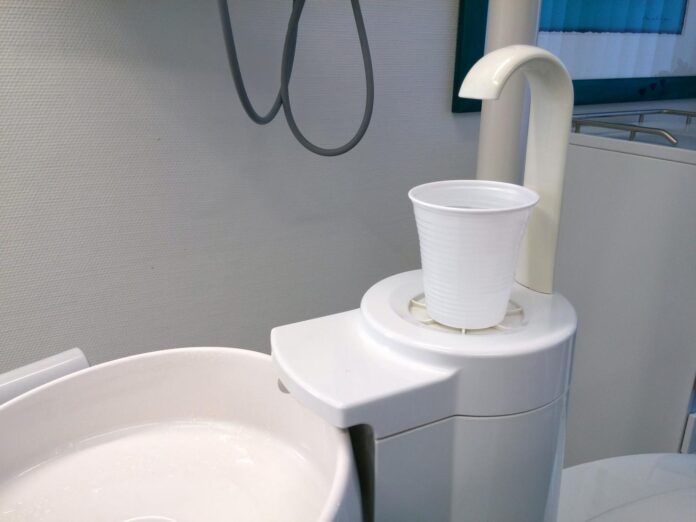
Dental hygiene is very important and therefore we must learn to maintain it properly. From a young age, we are taught all the ways to prevent our teeth from being in bad shape, but do we know how to take care of them?
To make sure we don’t make any mistakes, we’ve consulted with Dr. Tariq Sayegh who gave us 10 tips to keep our teeth looking flawless.
1. Brush your teeth at least twice a day with fluoride toothpaste
Brushing your teeth at least twice a day is the most important step you can take to maintain healthy teeth. Fluoride toothpaste helps to protect your teeth from decay and cavities.
Some reasons why it is important to brush your teeth at least twice a day are:
- Helps in removing plaque and bacteria that can cause cavities and tooth decay
- Keeps your gums healthy
- Keeps your breath smelling fresh
- Helps in keeping your smile looking bright and healthy
2. Floss daily
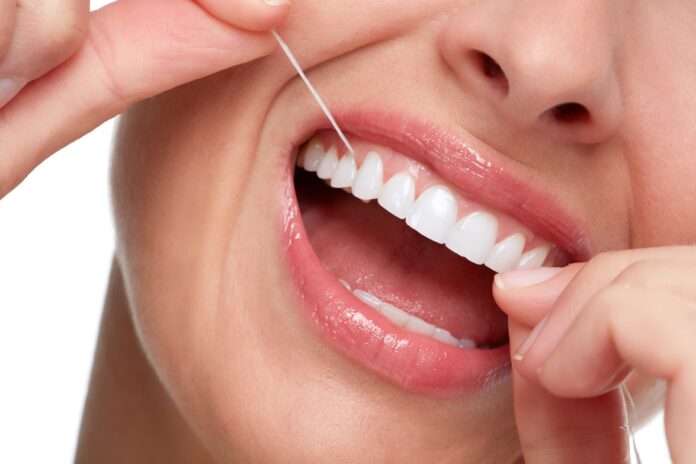
Flossing is important because it helps remove plaque and bacteria from teeth and gums. Plaque build-up can cause cavities, gum disease, and other oral health problems. Flossing also helps keep your teeth and gums healthy and free of debris. Therefore, it has the same function as brushing with toothpaste, but it must not be omitted from the daily routine.
Here are 6 steps you should not skip when flossing your teeth:
- Take a piece of floss about 18 inches long
- Wrap it around your middle fingers, leaving about 2 inches of floss between your fingers
- Use your thumbs and forefingers to guide the floss between your teeth
- Gently move the floss up and down against the sides of each tooth, using a back-and-forth motion
- Floss the back of your last teeth by using a gentle sawing motion
- Be sure to floss behind the last molar on the bottom jaw
3. Eat a healthy diet
A healthy diet is important for healthy teeth because it helps to protect them from decay and cavities. Eating a balanced diet of fruits, vegetables, and other whole foods helps to keep your teeth healthy and strong. It is also important to avoid sugary and acidic foods, which can damage your teeth over time.
Too much sugar isn’t just bad for your waistline – it also feeds the harmful bacteria in your mouth. These germs use sugar to create acid, which gradually eats away at tooth enamel and causes decay. To keep your teeth healthy and strong, cut back on sugary snacks and drinks, especially between meals.
Eating acidic foods can damage your teeth over time. It is important to rinse your mouth with water after eating these types of foods to neutralize the acid and protect your teeth.
4. Visit your dentist for regular checkups and cleanings

It’s crucial to visit your dentist for regular checkups and cleanings because it helps prevent oral health issues such as cavities, tooth decay, and gum disease. Dentists can also detect early indications of these problems and provide treatment before they grow more severe.
Besides being important for warding off mouth diseases, regular dental cleanings and checkups are key to keeping teeth and gums healthy. Cleanings eliminate plaque and bacteria from teeth while simultaneously checking for any signs of trouble in your mouth.
5. Use a mouthguard when playing sports
Mouthguards are important for protecting teeth when playing sports. They help to prevent injuries to the teeth and mouth, and they can also help to reduce the risk of concussion.
Mouthguards come in different sizes and shapes, so it is important to find one that fits well and is comfortable to wear. Most mouthguards can be custom-fitted to ensure a good fit.
When choosing a mouthguard, be sure to look for one that is:
- Made of latex-free material
- Boil and bite fitted
- Has a non-slip grip
6. Avoid chewing ice
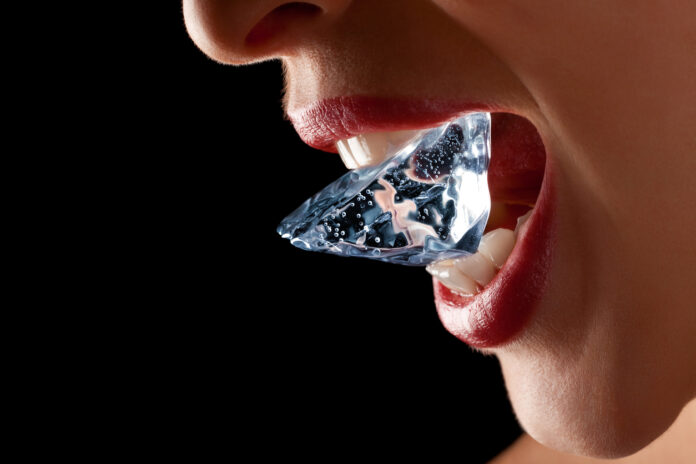
Chewing ice can damage your teeth because it can cause them to chip or crack. It is best to avoid eating or chewing on anything hard or icy.
First, chewing on hard objects, like ice or nuts can damage your teeth. It’s best to avoid doing this as it can lead to chips or cracks in your teeth.
Secondly, chewing on hard objects can lead to tooth sensitivity and pain. If you feel agony while eating or drinking cold items, you probably have a cracked or chipped tooth. Timely treatment by a dentist is crucial in this instance.
Last but not least, when you put too much pressure on your teeth from crunching down hard objects, it wears them out over time. Preserve your beautiful smile by steering clear of anything overly tough to bite into.
7. Use a toothbrush with soft bristles
Toothbrush bristles come in different levels of hardness, and it is important to use a toothbrush with soft bristles. Hard bristles can damage tooth enamel and gums over time.
There are many different types of toothbrushes with soft bristles available on the market. Some of the most popular types include:
- Manual toothbrushes with soft bristles
- Electric toothbrushes with soft bristles
- Rotating toothbrushes with soft bristles
- Sonic toothbrushes with soft bristles
8. Quit smoking

There are many reasons why it is important to quit smoking for your health and teeth. Smoking can cause oral health problems and it can also increase your risk of developing other serious health conditions, such as heart disease, stroke, and lung cancer.
Quitting smoking is not easy, but it is worth it for your health and teeth. There are many resources available to help you quit smoking, such as nicotine replacement therapy and counseling.
Ask your doctor or dentist for help in quitting smoking, and be sure to stick with it! It may take time, but quitting smoking is worth the benefits for your health and teeth.
Conclusion
Here are some tips that Dr. Tariq Sayegh suggests for all of his patients. If you follow them you won’t have any problems.





